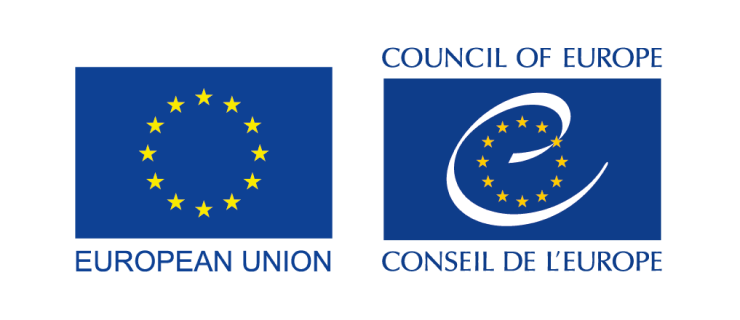CALL - EU CERV Grants: Strengthening the remembrance of the Holocaust, genocide, war crimes and crimes against humanity to reinforce democracy in the EU
Thematic focus
- Inclusive History Education
- Innovative Approaches
- Teaching Sensitive Histories
- Transnational and International Cooperations
- Histories of Discrimination and Persecution
- History of National Minorities
- Histories of Violence
- Histories of Wars and Warfare
- History of Anti-Semitism
- History of National Minorities
- History of Persons with Disabilities
- History of Racism
- History of Sexuality
- Holocaust
- Remembrance / Collective Memory
- Europe
- 20th Century
- Second World War
Language
Bulgarian, Croatian, Czech, Danish, Dutch, English, Estonian, Finnish, French, German, Greek, Hungarian, Irish, Italian, Latvian, Lithuanian, Maltese, Polish, Portuguese, Boyash Romanian, Slovak, Slovenian, Spanish, Swedish
Country
Germany
Address
Date
Deadline: 6 June 2024
Contact
EACEA-CERV@ec.europa.eu
Description
2. CERV-2024-CITIZENS-REM-HOLOCAUST - Strengthening the remembrance of the Holocaust, genocide, war crimes and crimes against humanity to reinforce democracy in the EU Europe’s 20th century was marked by horrific crimes such as the Holocaust and crimes committed by authoritarian and totalitarian regimes. The legacy of these crimes requires continuous sharing and remembering as well as research to curb distortion. Education targeting all generations on the importance of safeguarding democracy and fundamental rights should draw on the lessons from these crimes. Young people should be empowered to become ambassadors of this memory, to recall the story of survivors both offline and online, to raise awareness about their tragedy and connect with memorial sites and museums. The testimonies of the witnesses of these crimes are particularly valuable in educating young people, especially since there are fewer and fewer of these witnesses. This also implies countering distortion, denial and trivialisation of the historical facts. In upholding EU values, the memory of these crimes, teaching about fundamental rights and the active engagement of people to learn from them are necessary, particularly for actors in the frontline of defending rights such as fundamental right-defenders, civil servants, members of the judiciary, law enforcement officials and policymakers. Moreover, suppressing fundamental rights such as freedom of speech, assembly, thought, conscience and religion is an integral characteristic of totalitarian and authoritarian regimes. Organised opposition and/or resistance from within society played a key role in fighting foreign occupation and/or overthrowing totalitarian and authoritarian regimes. It remains crucial to remember and educate actors and groups about these events as examples to defend fundamental rights for today and the future. Projects under this priority should focus on (...) READ MORE ON THE WEBSITE
Organiser
European Commission
